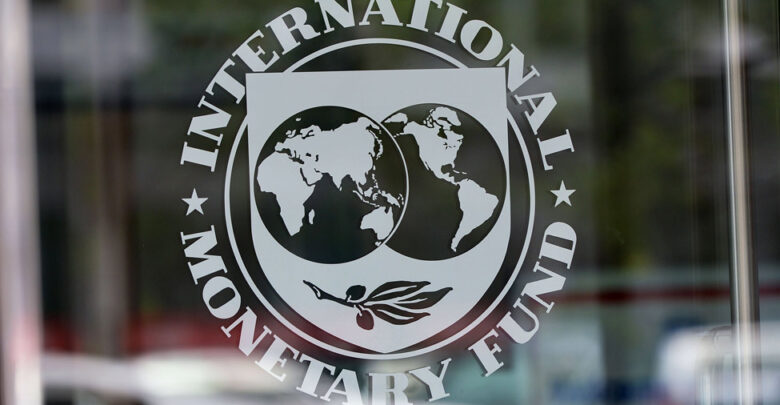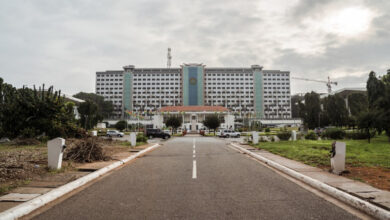Ghana
IMF Reaches Agreement With Ghana Government On A $3 billion Bailout Loan

The International Monetary Fund (IMF) on Tuesday announced it has reached an agreement on a $3 billion bailout loan with Ghana as the country faces a severe economic crisis, reported The Africa News.
“I am pleased to announce that the IMF team has reached an agreement with the Ghanaian authorities on a three-year program (…) under the Extended Credit Facility (ECF) in the amount (…) of about 3 billion U.S. dollars,” said the IMF mission chief in Ghana, Stephane Roudet.
He said the loan will aid the Ghanaian government in restoring macroeconomic stability and debt sustainability while laying the foundation for stronger and more inclusive growth. He, however, said that the agreement will now have to be approved by the monetary body’s Executive Board in Washington.
The international monetary body’s officials have been having meetings in Accra this month, where they discussed support for the policy and reform plans with the authorities.
At a news conference on Tuesday, Ghana’s finance minister Ken Ofori-Atta said the government was committed to the programme and will work towards meeting the demands. He said the loan will help to restore the country’s economic stability, control price spikes and strengthen the currency.
He said the IMF board’s approval of the proposed three-year loan is expected early next year.
“We pray that this will be the last [support needed]. That is why the programme will be that strong,” the minister said.
Ghanaian President Nana Akufo-Addo continues to face criticism over his government’s handling of the economic crisis and in particular for seeking IMF assistance. The people of Ghana fear that the IMF agreement will force the government to impose economic measures that will further burden the people, who are already facing soaring prices.
Ghana is currently facing an inflation of over 40 percent. The value of its currency- the cedi- has also dropped drastically. The country has been hit hard by the global pandemic and the ongoing Russia-Ukraine war.





